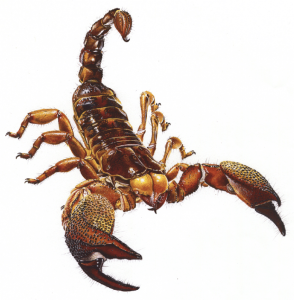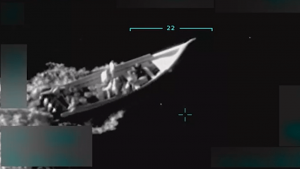The Ig Nobel Prize is the “Ignoble” or infamous satirical prize awarded for scientific achievements that make people laugh and then make them think.
It is organized by the scientific humour magazine, Annals of Improbable Research.
The Physics Prize for 2022 was won by teams in West Chester University, University of Strathclyde and Jiangsu University of Science and Technology for their independent work in fluid mechanics in understanding how ducklings manage to swim in formation.
They found that the ducklings save energy by swimming in a straight line and the last duckling benefits most.
The Medicine Prize was won by a team in the Medical University of Warsaw who found out that people taking the cancer drug, Melphalan, do not have an oral irritation if they slowly ate ice cream or popsicles during the drug infusion.
The Ig Nobel Committee did not award a Chemistry Prize in 2022.
The Applied Cardiology Prize was won by a team of researchers in Leiden University who found that when lovers meet for the first time, their heart rates synchronize as they are attracted to each other.
The University of São Paulo’s researchers, Solimary García-Hernández and Glauco Machado, won the Biology Prize for their work that shows that constipation does not affect the ability to mate in scorpions.

Scorpions disengage their tails to confuse predators and escape as the disengaged tail continues to wriggle.
Their tails do not grow back. The anus of the scorpion is in the tail, so such scorpions lose their ability to excrete and are constipated as a result but, still manage to survive.

The Safety Engineering Prize was won by Magnus Gens for designing a moose-like crash test dummy in 2001, which is used in auto-safety tests in Sweden.
The Engineering Prize went to Professor Gen Matsuzaki of Chiba Institute of Technology, Japan, for his work in identifying the optimum size for door knobs.
He found that you need three fingers to turn a knob of one centimetre in diameter while four fingers are needed for a knob of 2.5 centimetres and five fingers for one of 5 centimetres.
The Ig Nobel Prize for Literature was won by a team from the Massachusetts Institute of Technology and the University of Edinburgh for analyzing what makes legal documents unnecessarily, difficult to understand.
The Peace Prize went to an international team for developing an algorithm that helps gossipers decide when to lie and when to tell the truth.
A team from the University of Catania won the Economics Prize for showing quantitatively, that the luckiest get successful most times and not the most talented.
Peter de Smet and Nicholas Hellmuth shared the Art History Prize for their work on Multidisciplinary Approach to Ritual Enema Scenes on Ancient Maya Pottery.
The Ig Nobel Prizes were presented by actual Nobel laureates.
The awardees received prizes including 10 trillion Zimbabwe dollars each.
photo credit: transport research institute of sweden, researchgate











